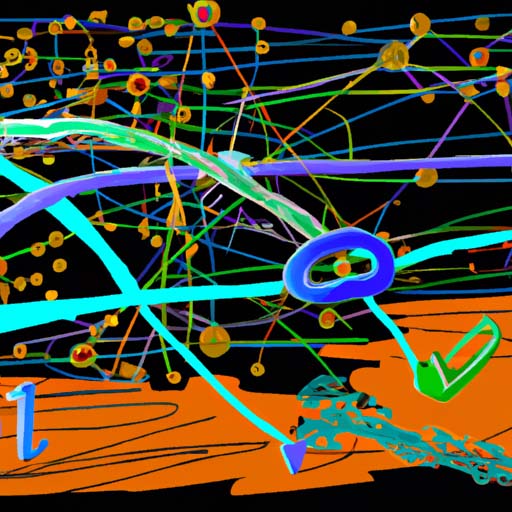Quantum computing is an emerging field that has the potential to revolutionize various industries, including coding and software development. With its ability to process vast amounts of information and solve complex problems at an incredible speed, quantum computing is poised to reshape the way we approach coding. In this article, we will explore how quantum principles are already starting to shape the world of coding and the potential implications for the future.
Understanding the Basics of Quantum Computing
Before diving into the influence of quantum computing on coding, it is essential to understand the basics of this groundbreaking technology. Unlike classical computers that use bits to process and store information, quantum computers use quantum bits or qubits. These qubits exist in a superposition state, meaning they can simultaneously represent both 0 and 1. Furthermore, qubits can be entangled, allowing for linked and interconnected computations.
The unique nature of qubits enables quantum computers to perform certain calculations exponentially faster than their classical counterparts. This speed and processing power have profound implications for coding and software development, as complex algorithms and computations can be tackled more efficiently.
Enhanced Algorithm Development
The influence of quantum computing on coding primarily lies in the field of algorithm development. Quantum algorithms leverage the inherent properties of qubits to solve problems that are currently intractable for classical computers. These quantum algorithms introduce new ways of approaching challenging computational tasks, paving the way for groundbreaking developments in coding.
One such example is Shor’s algorithm, which demonstrates how quantum computers can factor large numbers significantly faster than classical algorithms. This breakthrough algorithm has significant implications for cryptography, as many encryption techniques rely on the difficulty of factoring large numbers. The ability to efficiently factor large numbers could render current encryption methods obsolete and necessitate the development of new coding techniques to ensure secure communications.
Optimized Optimization Problems
Quantum computing also offers significant advancements in solving optimization problems, which are prevalent in various coding applications. Optimization problems involve finding the best solution from a vast number of possible combinations. These types of problems arise in logistics, scheduling, resource allocation, and many other real-world scenarios.
Quantum algorithms, such as the Quantum Approximate Optimization Algorithm (QAOA), show promise in providing faster and more accurate solutions to optimization problems. By leveraging the processing power of qubits, QAOA and similar algorithms can tackle complex optimization challenges in a fraction of the time required by classical algorithms.
Challenges and Limitations
While quantum computing holds immense potential for coding, it is crucial to acknowledge the challenges and limitations that currently exist in this field. One of the primary obstacles is the development of error-correcting codes to mitigate the impact of noise and decoherence on qubits.
Additionally, the high cost of building and maintaining quantum computers poses a barrier to widespread adoption. Quantum computing is still in its infancy, and as this technology continues to develop, it is expected that these challenges will be overcome, making it more accessible and affordable for coding applications.
The Future of Coding
As quantum computing continues its advancement, it is clear that this technology will have a profound influence on the world of coding. From enhanced algorithm development to optimized solutions for complex optimization problems, quantum principles are already reshaping the way we approach coding and software development.
Furthermore, the potential for quantum computing to disrupt encryption and security measures necessitates the development of new coding techniques to ensure data privacy and protection.
In conclusion, the influence of quantum computing on coding is undeniable. While there are challenges to overcome and limitations in the current state of quantum computing, the potential for groundbreaking advancements in coding and software development is immense. As this technology matures, we can expect to witness a new era of coding that harnesses the power of quantum principles to solve complex problems and drive innovation.
